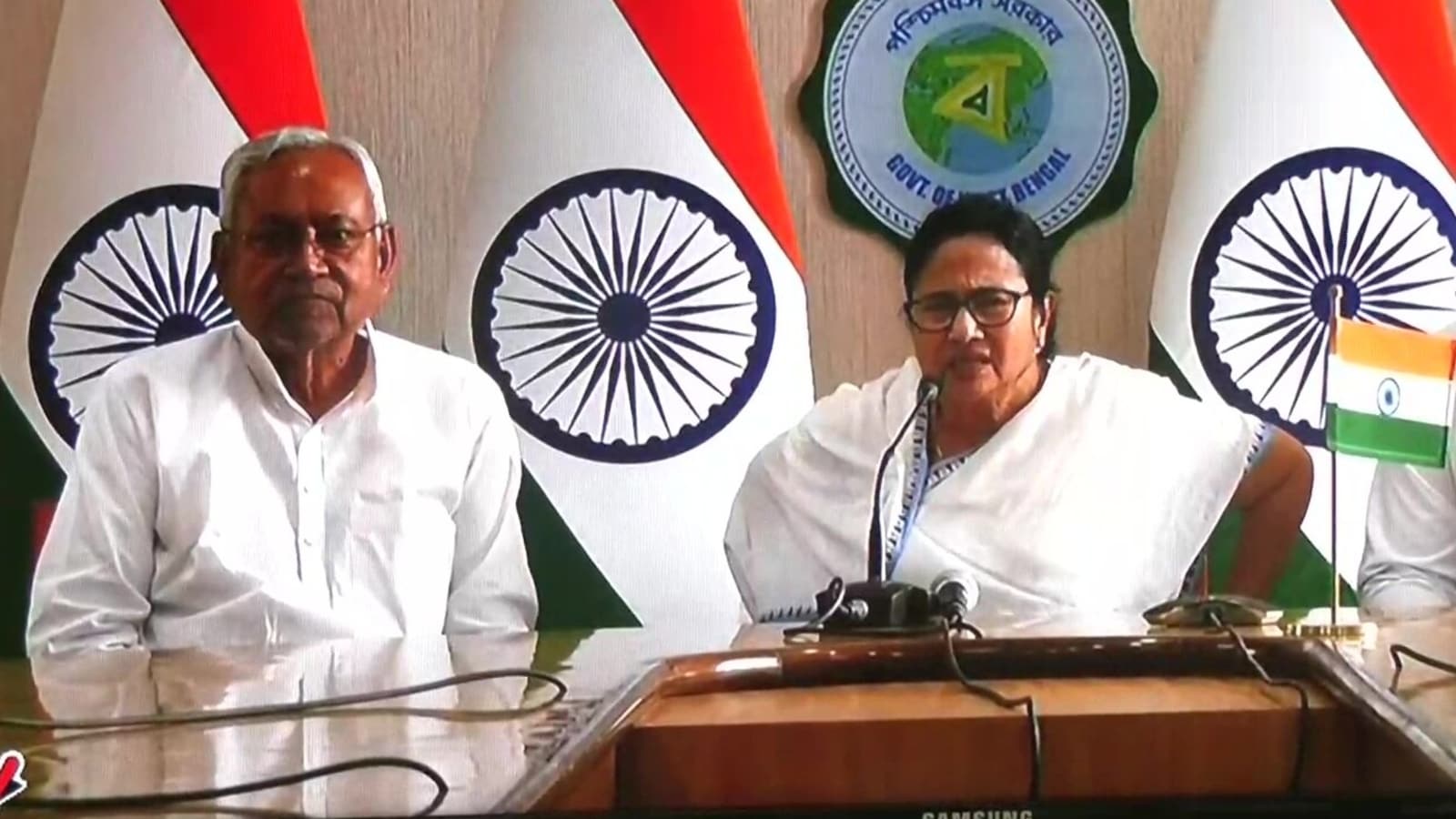In a startling revelation, both the Trinamool Congress (TMC) and Janata Dal (United) [JD(U)] have found themselves embroiled in controversy over their electoral bond disclosures for the fiscal year 2018-19. The parties have cited anonymous donations received through sealed envelopes, raising questions about transparency and accountability in political funding.
According to recent reports, TMC and JD(U) have admitted to receiving significant sums of money through electoral bonds, yet they claim ignorance regarding the identity of the donors. This lack of transparency has sparked concerns about potential loopholes in the electoral financing system and the influence of undisclosed contributors on political decision-making.
The TMC, led by Mamata Banerjee, failed to disclose the identities of donors who collectively contributed approximately Rs 75 crore through electoral bonds between July 16, 2018, and May 22, 2019. The party attributed this lack of disclosure to anonymous individuals dropping sealed envelopes at their office premises in Kolkata, thereby absolving themselves of any responsibility to reveal the true source of the funds.
Similarly, the JD(U), under the leadership of Nitish Kumar, admitted to receiving Rs 13 crore through electoral bonds in April 2019, out of which only Rs 3 crore worth of donations were disclosed. The party claimed that sealed envelopes containing electoral bonds were handed over to them by unknown persons at their office in Patna, leaving them unable to provide further details about the donors.
Despite the lack of transparency from both parties, JD(U) did disclose the identities of two donors – Shree Cement Limited and Bharti Airtel Limited – who contributed Rs 2 crore and Rs 1 crore respectively. However, the majority of donations remain shrouded in secrecy, raising doubts about the true intentions behind such anonymous contributions.
Furthermore, TMC defended its decision not to disclose donor identities by stating that the unique numbers on electoral bonds issued by the State Bank of India could be used to establish the donors’ identities. However, this assertion fails to address the underlying issue of accountability and the public’s right to know about the financial backers of political parties.
The lack of transparency in electoral bond disclosures by TMC and JD(U) underscores the need for comprehensive reform in political funding mechanisms. Without stringent regulations and enforcement measures, there is a risk of undue influence by undisclosed donors, undermining the integrity of democratic processes. It is imperative for electoral financing to be transparent and accountable to uphold the principles of democracy and ensure fair representation for all citizens.



